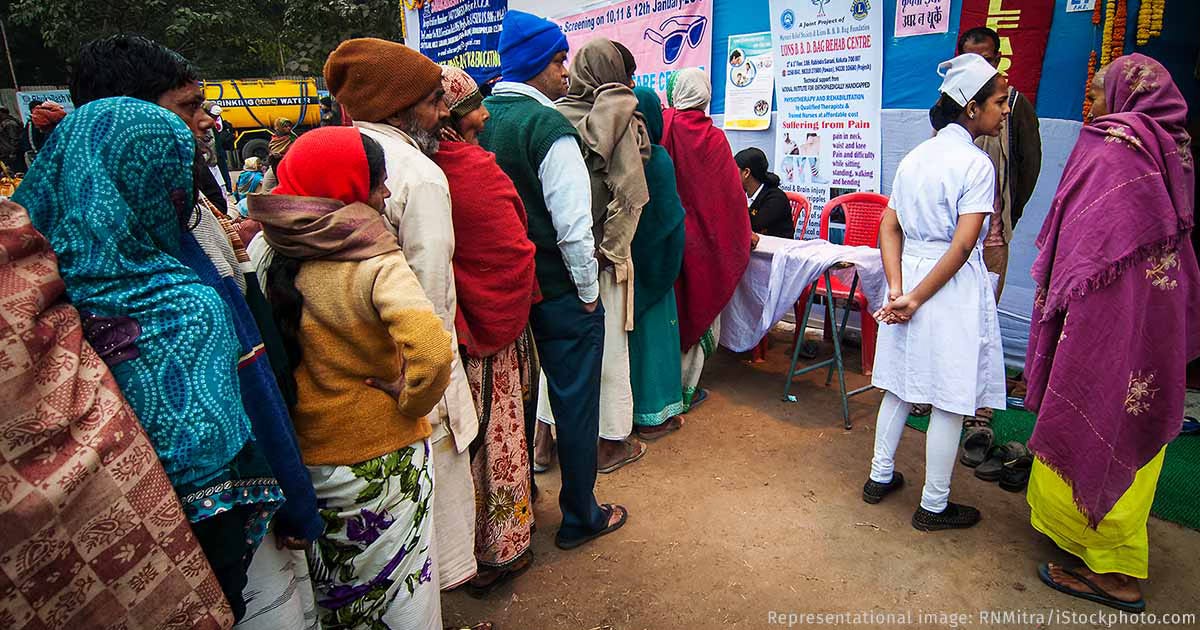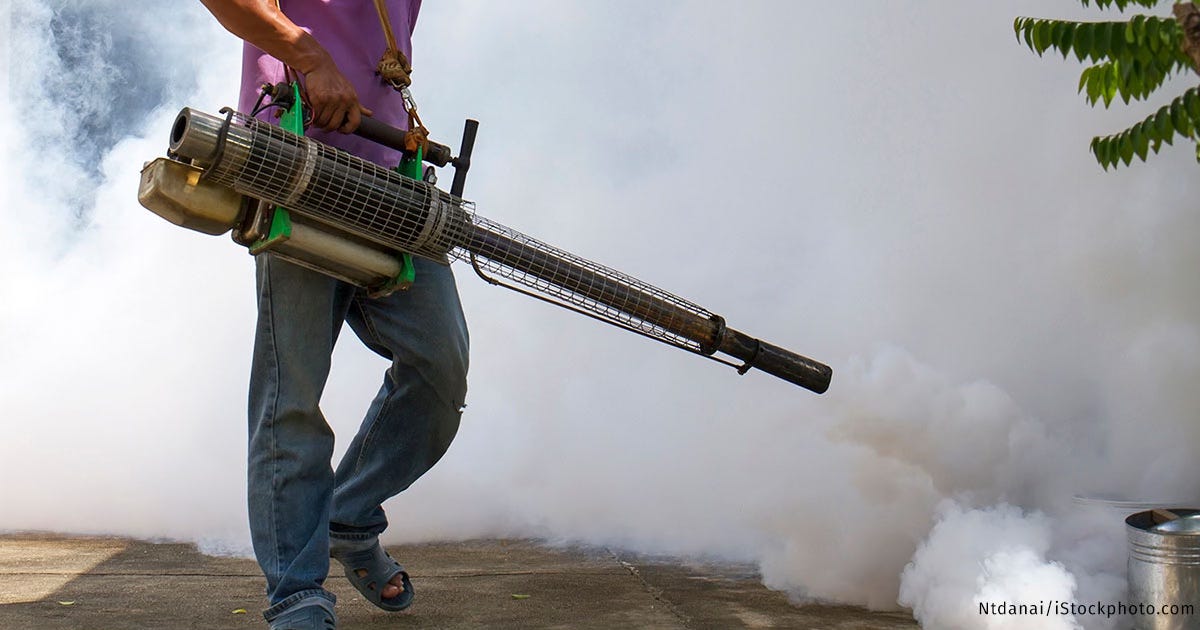The Trouble With Data Delays
Also this week, India's snakes-and-ladders path out of poverty, how the country fared in dealing with vector-borne diseases, rail safety and air pollution
A concerning pattern emerged across India's data landscape in the year gone by: sixteen critical government datasets remain frozen in time, while nine Union ministries' annual reports gather digital dust. At the heart of this data drought lies the Census of India, now three years overdue—a delay that ripples through the nation's ability to understand the composition of its people and to adequately serve their needs.
The implications of this data vacuum run deep. In remote villages, families eligible for food security remain invisible in outdated registers. In urban centers, policy makers craft interventions based on population figures from 2011, when today's reality may tell a vastly different story. The Medical Certification of Cause of Death, crucial for understanding public health patterns, hasn't been updated since 2020.
Experts like P.C. Mohanan and Anjali Bhardwaj paint a picture of political convenience overshadowing public necessity. When unfavorable data emerges—like dips in consumer spending or troubling health indicators—it often faces suppression or methodological revision, leaving researchers and citizens alike searching for truth in an increasingly opaque statistical landscape. Prachi Salve explores the data black hole.
Statistics say that India has lifted hundreds of millions out of poverty through the engine of economic growth. But the story of Avadesh Mondal illustrates that the reality is more complex—the construction worker from West Bengal had kept his family above the poverty line until tuberculosis struck in 2022, depleting their savings and pushing them into debt.
A groundbreaking study led by sociologist Sonalde Desai reveals that poverty in India isn't a one-way journey out—instead, people move in and out of poverty due to life circumstances like illness, natural disasters, and financial shocks. This "transient poverty" is particularly linked to healthcare costs, with India having one of the world's highest out-of-pocket healthcare expense ratios in the world.
While government initiatives like the Ayushman Bharat health insurance scheme aim to help, challenges remain in implementation and coverage. Economic growth, experts say, alone doesn't guarantee poverty reduction, and social protection programs need to be more responsive to life's unpredictable challenges. Rohit Inani reports.
In India's healthcare landscape, 2024 marked a year of both victories and emerging challenges in the battle against vector-borne illnesses. While officials celebrated striking trachoma off the endemic list and making significant strides against kala azar and lymphatic filariasis, new threats emerged in the form of an aggressive encephalitis outbreak.
The human toll of these shifts is stark: in Gujarat, Maharashtra, Madhya Pradesh and Rajasthan, 51 lives were lost to the resurgent Chandipura virus, a deadly pathogen that particularly threatens children under 15. Meanwhile, traditional seasonal patterns of dengue and malaria have become increasingly unpredictable, stretching healthcare resources beyond their usual windows of response.
Yet, amid these challenges, hope emerges through scientific advancement. A new dengue vaccine enters its final trial phase, while innovative vector management techniques offer fresh approaches to controlling disease-carrying mosquitoes and sandflies. The story of India's vector-borne diseases in 2024 is one of resilience and adaptation, as communities and healthcare systems navigate an increasingly complex landscape of threat and response. Nushaiba Iqbal reports.
In IndiaSpend's Hindi edition, Pariskshit Nirbhay reports on what has been a fraught year for the Indian Railways, rife with accidents and fatalities; on the pollution front, despite four states receiving in excess of Rs 3,600 crore, Alka Barbele reports that Delhi and the National Capital Region did not enjoy a single day of unpolluted air in the year just ended; and in Bihar, reports Vishnu Narayan, candidates and the establishment clash over irregularities in the BPSC exams.
Wish you a happy 2025.





